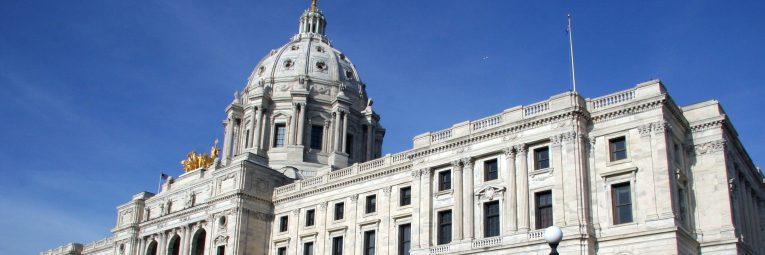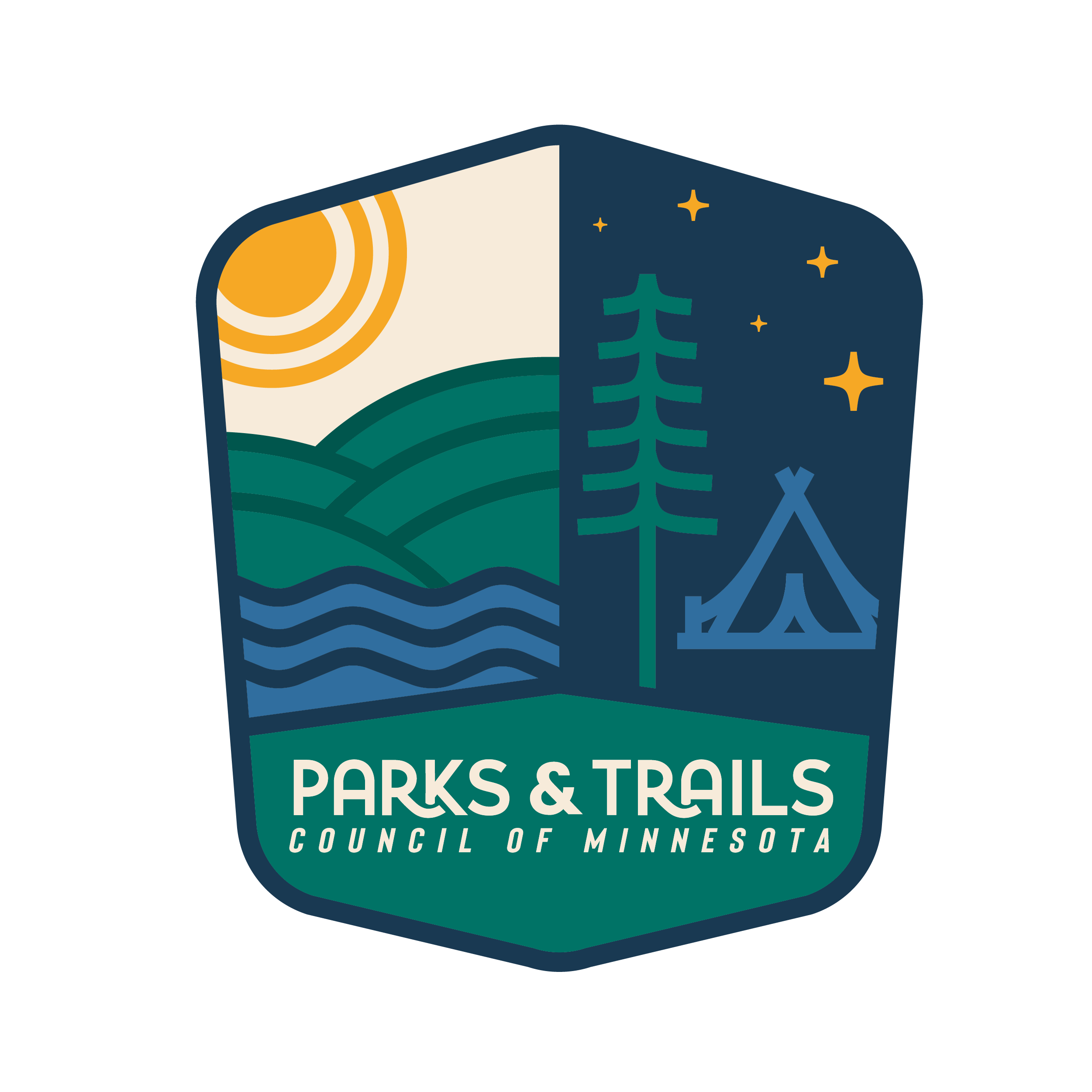- Home
- Advocacy News
- 2024 LEGISLATIVE RECAP

2024 LEGISLATIVE RECAP
Some wins, some losses for parks and trails
May 28, 2024
The Minnesota Legislature’s 2024 legislative session came to a chaotic and contentious close on May 20. The session evolved around a myriad of issues, and like always, it was an eventful one for parks and trails. Here’s how our legislative priorities played out during the 2024 session:
Failed bonding bill leaves park and trail projects unfunded
Public infrastructure bills, or “bonding bills,” are traditionally the hallmark legislation passed in the second year of the legislative biennium. Unfortunately, legislators couldn’t reach a compromise and didn’t pass one this year, leaving many park and trail projects unfunded, including the over $100 million in projects that Parks & Trails Council of Minnesota was advocating. The failure to pass a bonding bill stings a little less than normal, thanks to last year’s historic $2.6 billion public infrastructure bill (which included nearly $200 million for parks and trails). Still, it means many projects, including our Friends Groups Partner’s projects, will have to wait at least another year for funding.

But other funding bills pass for parks and trails
However, the Legislature did pass other key funding bills that support parks and trails. The Environment and Natural Resources Trust Fund bill funded nearly $80 million for environmental projects, including the Driftless Area Hiking Trail, local park and trail grant programs, land acquisition for Metro regional parks, state trail rehabilitation and enhancement, and momentously, $1.886 million to Parks & Trails Council to acquire key state park inholdings—the first such appropriation that our organization has pursued. The Legislature also passed supplemental funding bills that appropriated higher-than-anticipated revenues from the Parks & Trails Legacy Fund ($9 million split between the DNR, Met Council, and Greater Minnesota Regional Parks and Trails) and lottery-in-lieu dollars ($2 million for tree plantings in state parks).

Two state parks de-authorized
Due to very unique circumstances, two Minnesota state parks were de-authorized during the 2024 legislative session and have closed to the public. Following a 2023 law, Upper Sioux Agency State Park was transferred to the Upper Sioux Community Pezihutazizi Oyate in February and officially deauthorized in 2024. Parks & Trails Council supported that transfer. The 2024 Legislature also deauthorized Hill Annex Mine State Park to allow active mining to resume on the site. Hill Annex Mine sits on School Trust Land, and the park’s origination legislation had stipulated that it would revert to mining if such activity ever became economically viable again.
The de-authorization of the two parks means Minnesota’s state park system is 1,900 acres smaller than it was a year ago, and replacing those losses with new parkland is a top priority for Parks & Trails Council. The 2023 Legislature authorized $5 million to facilitate the transfer at Upper Sioux Agency, and the DNR is working on finding suitable replacement land. The 2024 Legislature did authorize several small park expansions at Father Hennepin, Banning, and Lake Louise State Parks in 2024, and P&TC has started working with legislators to make another $10 million available for state park land acquisition (HF 5446 / SF 5506). Those bills failed to pass, along with the rest of the bonding bill, but funding more state park replacement land will be a priority for us moving forward.
Promoting diversity, equity, and inclusion in the outdoors
The Legislature has taken several steps in recent years to address disparities in access to Minnesota’s outdoor spaces, and those efforts continued in 2024. A portion of the state surplus ($500,000) was used to fund two outdoor and education programs connecting underserved Twin Cities youth with outdoor experiences. And thanks to a 2023 law that tweaked the lottery-in-lieu funding formula, $400,000 was allocated to build accessible and inclusive school playgrounds across the south Twin Cities metro. The Legislature also directed the DNR to identify gaps in existing outdoor youth programs and make recommendations on how to increase outdoor opportunities for underserved youth.
Keeping OHVs out of state parks
Over the past decade, a small group of legislators has attempted to change the current state law in such a way as to allow off-highway vehicles, including ATVs, to be used for recreation within state parks. P&TC has led the charge in defending state parks against these efforts. We’re happy to report that there were no attempts to formally introduce OHVs to state parks this year.
News Categories
Recent News
-
We have a new CRM December 11, 2024
-
Vote yes on Lottery proceeds October 29, 2024
-
Two Friends Groups receive ... August 28, 2024
-
Share your opinion on fundi... August 27, 2024
-
DNR Update: Next Steps in t... August 26, 2024
